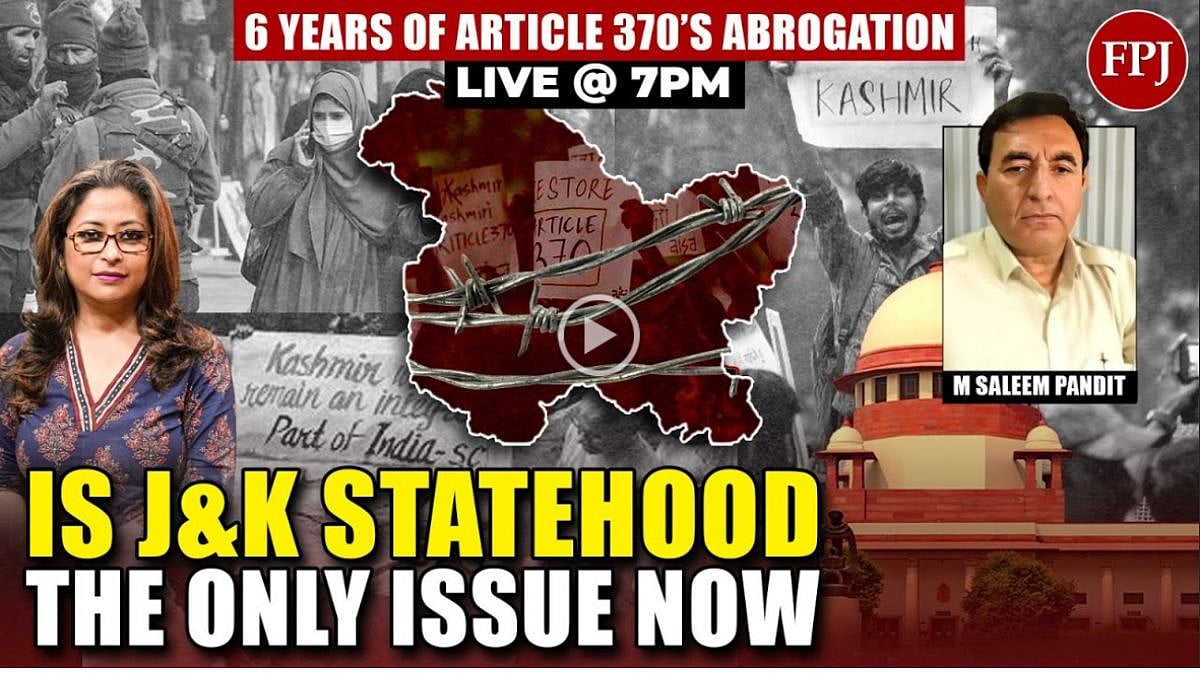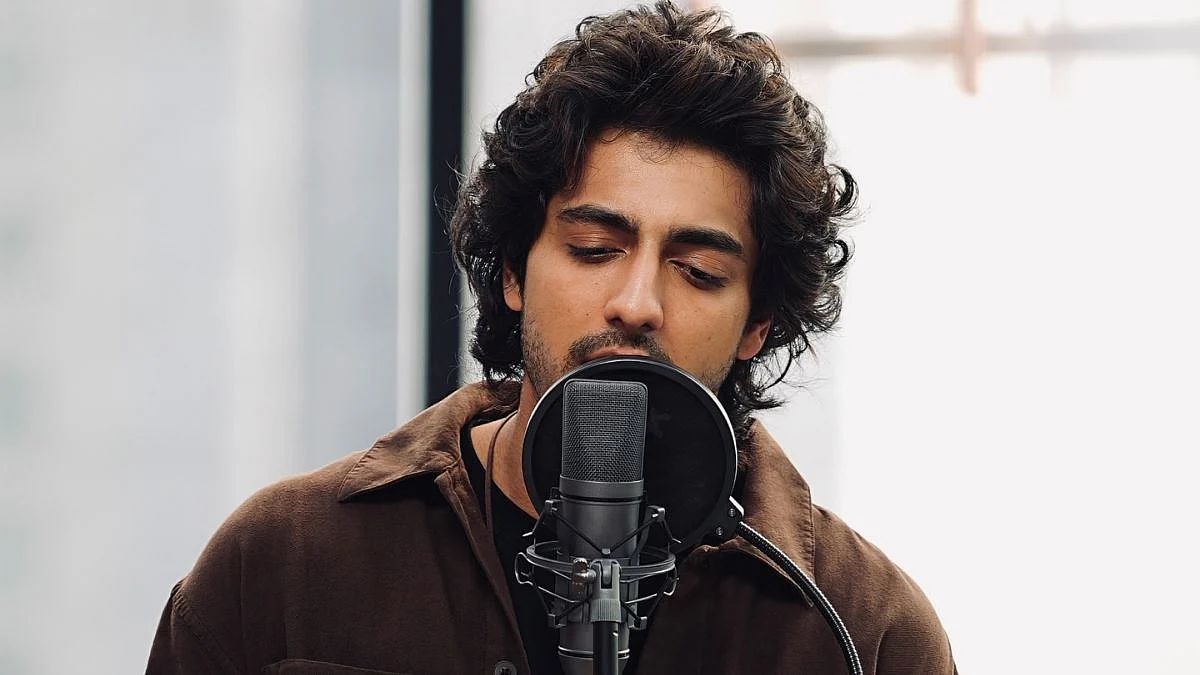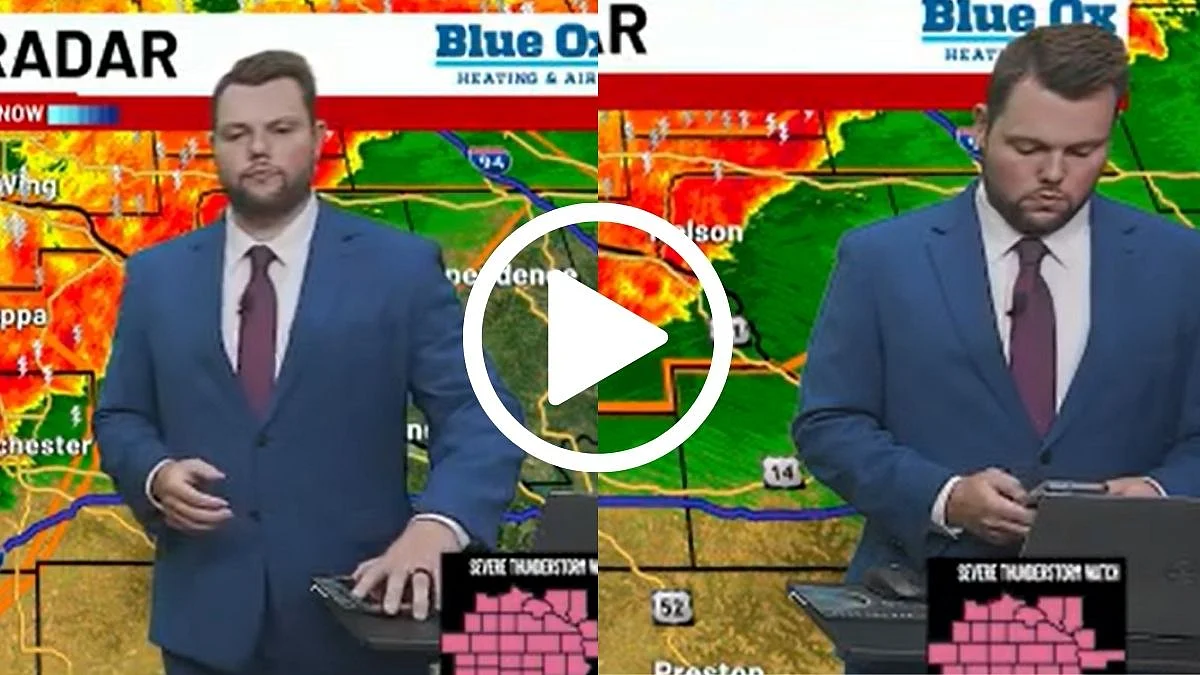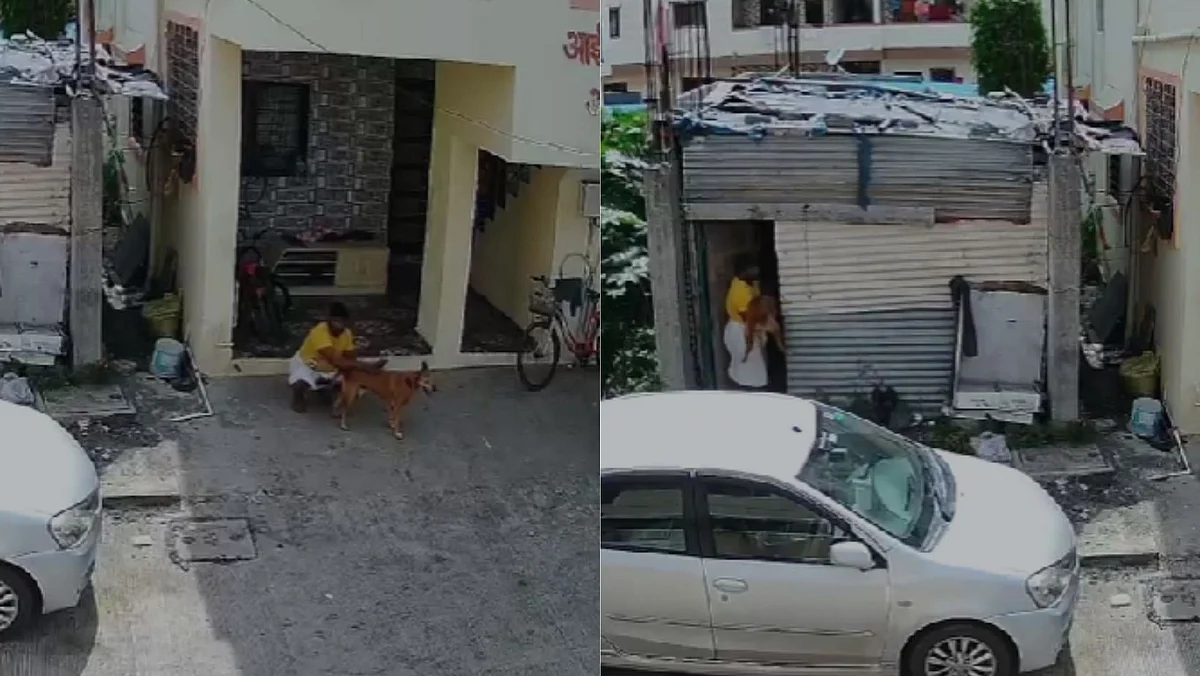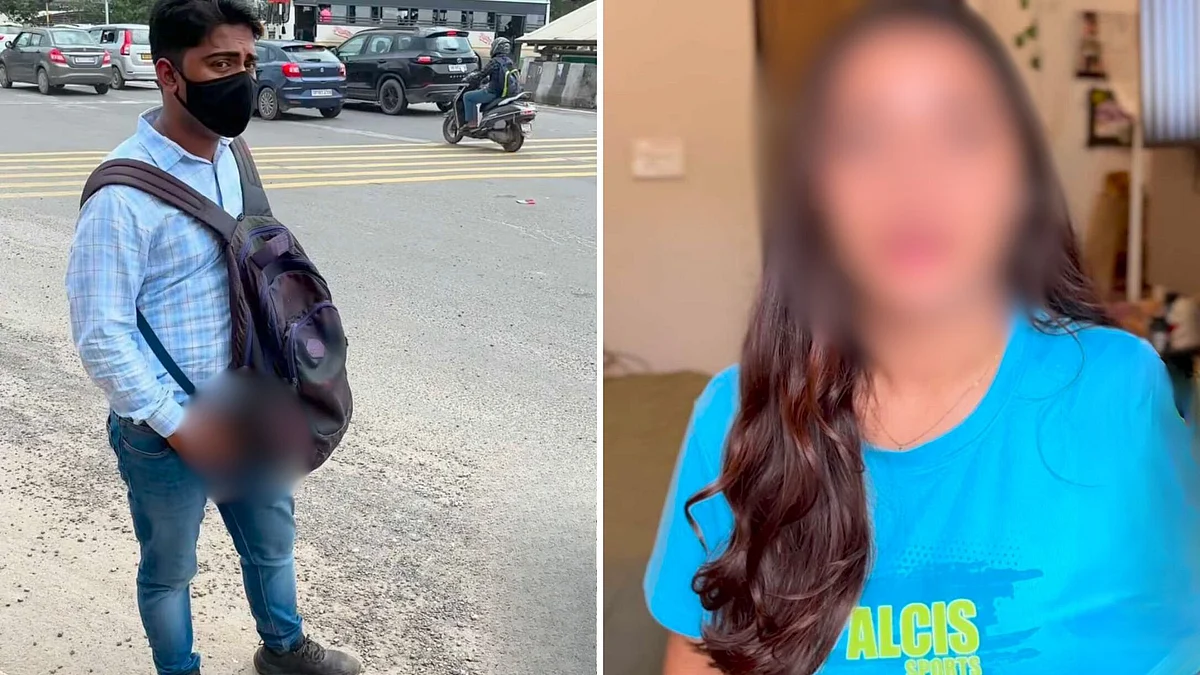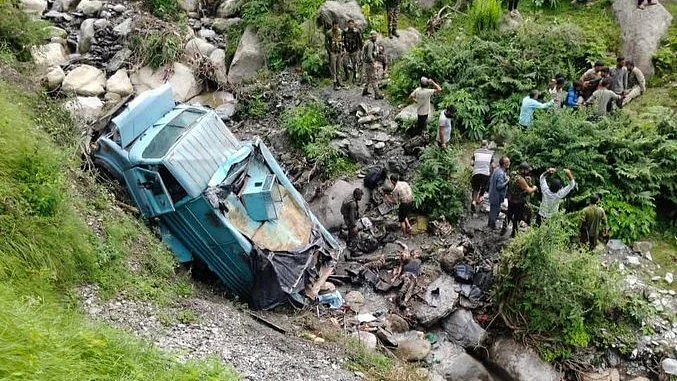Six years after the historic abrogation of Article 370 on August 5, 2019, which revoked Jammu and Kashmir’s special constitutional status, the region still finds itself in the middle of intense political, security, and emotional churn.
To reflect on the ground realities and what has really changed, Free Press Journal Executive Editor Afrida Rahman Ali spoke with Saleem Pandit, senior journalist based in Srinagar.
From political compromises and civil liberties to Pakistan’s continued interference and the shock of the Pahalgam terror attack — this candid conversation touches upon all aspects that define Kashmir today.
Q: Six years since Article 370 was scrapped. What has truly changed in Jammu and Kashmir?
Saleem Pandit: The abrogation of Article 370 gave rise to two distinct dimensions — internal and external. Externally, it angered Pakistan, which then reached out to China, and both now claim to be stakeholders in the Kashmir dispute. Internally, especially in the Kashmir Valley, the sense of normalcy promised by the government hasn’t fully materialised.
While Jammu largely welcomed the move, considering it full integration into India, Kashmir Valley continues to reel under political uncertainty, civil liberty issues, and a fear of rising militancy. Many political leaders have accepted that Article 370 may not return, but the demand for restoration of statehood remains alive.
Q: You mentioned Pakistan’s involvement. How does that continue to affect Kashmir post-abrogation?
Saleem Pandit: Pakistan never accepted the abrogation. They’ve continued their old policy of pushing militants into the Valley. Post-370, the aim seems to be to reignite the Kashmir issue internationally. The Pahalgam terror attack, where 25 Indian tourists were killed, was a shocking turning point. It was perhaps meant to send a message to the world — that Kashmir is still a conflict zone.
Unfortunately, this has amplified the Kashmir dispute globally. People now equate it with Palestine. Even Arab countries are taking renewed interest. That’s not good news for India, which wanted to bury the “disputed territory” narrative once and for all.
Q: What is the current political sentiment in the Valley? Have leaders moved on?
Saleem Pandit: Most regional political parties have quietly accepted that Article 370 is gone for good. Even National Conference and PDP now only raise the demand for statehood, not restoration of Article 370. Omar Abdullah himself contested elections under the current Union Territory framework, and even agreed to become Chief Minister. His frustration stems from losing key powers that earlier came with J&K’s special status.
Ironically, Sheikh Abdullah — Omar's grandfather — had also spoken in favour of full integration before his death in 1982. So the political posturing today is largely about regaining power, not ideology.
Q: And what about the people of Kashmir? Has the ground reality improved or worsened?
Saleem Pandit: It’s a mixed picture. While the government claims that militancy is on the decline, the truth is it still exists. Civil liberties, press freedom, and political expression have been restricted. There is a sense of surveillance and fear.
Moreover, big investors are still wary of entering Kashmir. Despite security assurances, companies like Adani and Ambani haven’t invested significantly in the Valley. The fear of terrorism and political instability persists — and the Pahalgam attack has only worsened that perception.
Q: What about the contentious issue of 35A and concerns around demographic change?
Saleem Pandit: Kashmiris were always more emotional about Article 35A than 370. They fear that without it, outsiders could settle in the Valley, buy land, and alter the region’s demography. That anxiety is very real. But let’s not forget — even in states like Maharashtra, people don’t easily accept migrants settling permanently.
It’s not just emotional — it’s a question of land, identity, and jobs. Jammu too has realised that 35A offered protection. With its removal, there's now concern over migration from other states into Jammu, especially from Bihar and UP.
Q: Finally, has the abrogation achieved its stated goal of peace and full integration?
Saleem Pandit: It depends on how one defines peace. If the goal was to bring complete normalcy, empower youth, and encourage investment — we are far from it. Yes, some political acceptance has come, but the Pahalgam incident, global scrutiny, and continued infiltration have exposed the fragile peace.
Rather than ending the Kashmir issue, the abrogation has reopened it on the global stage. The government must introspect — if the goal was to move on from the “disputed territory” narrative, the opposite seems to be happening.

Conclusion:
The abrogation of Article 370 was projected as a historic corrective step. But 6 years later, the Valley remains restless, politically cautious, and vulnerable to global scrutiny. As this conversation reveals, integration on paper doesn’t necessarily mean emotional or political unification on the ground.
